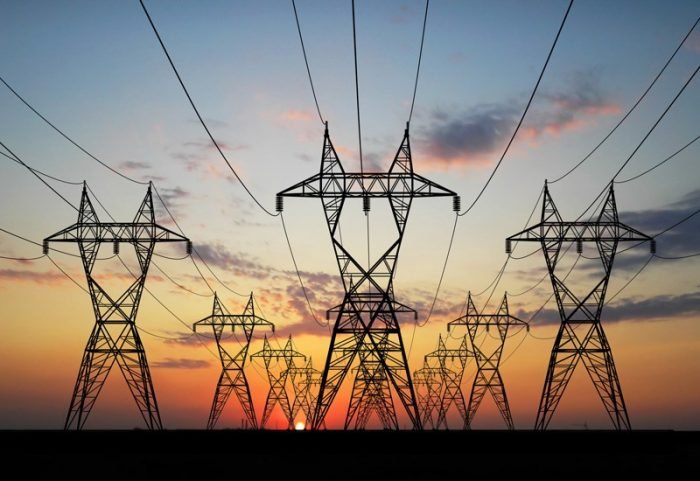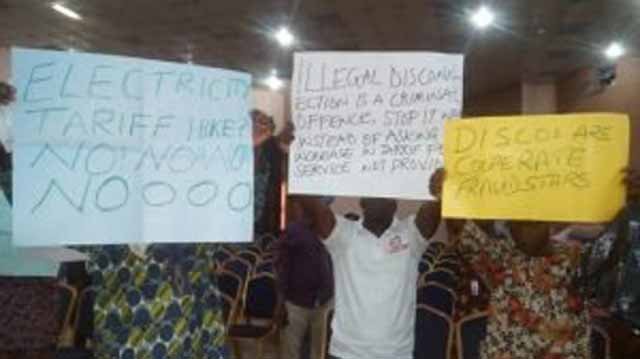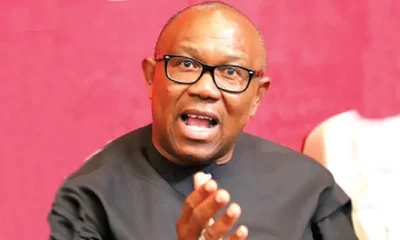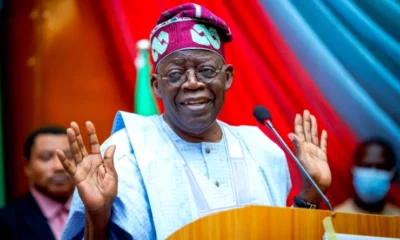Business
Nigeria, Russia, Britain cut electricity intensity by 2% – IEA


Around one in seven still have no access to electricity, an IEA report has shown
A report by the World Bank and the International Energy Agency (IEA) has revealed that Nigeria, Britain and Russia has cut their electricity intensity by at least two per cent.
According to the report first published by Reuters, some of the largest energy-consuming countries – Australia, China, Italy, Mexico, Nigeria, Russia and Britain – cut their energy intensity, a measure of energy efficiency, by more than 2 per cent annually.
The reduction was described as positive but not one that many Nigerians would like to hear or embrace as millions of Nigerians have been without electricity for years.
The report says just over 1 billion people, or around one in seven, still have no access to electricity, a figure that has barely improved in two years, while the number cooking with health-harming fuels rose slightly to just over 3 billion.
Data for 2012 to 2014 showed progress in providing clean, modern energy to the poor was losing the race against population growth, especially in rural areas.
“If we are to make access to clean, affordable and reliable energy a reality, we’re going to have to drive the rate of progress up, and that is going to require political leadership,” said Rachel Kyte, CEO of Sustainable Energy for All, an initiative of the U.N. Secretary-General.
This week, governments, business, development agencies and others will meet in New York to work out how to reach three international goals by 2030: universal access to modern energy services, doubling the rate of improvement in energy efficiency, and doubling the share of renewables in the global energy mix.
Reaching those targets is fundamental to achieving other global goals to end poverty and boost healthcare and education, as well as keeping global temperature rise below limits set in the Paris climate change accord, Kyte said.
“Every day we delay, or every day we don’t deliver, it becomes more painful and expensive, and we risk losing people and leaving people behind,” she told journalists by telephone.
The three organisations behind the report said some countries – even among the poorest – are making rapid progress.
For example, Kenya, Malawi, Sudan, Uganda and Zambia increased electrification by two to three percentage points per year, while Rwanda topped that and Afghanistan and Cambodia made use of off-grid solar energy to expand access even faster.
Paul Simons, the IEA’s deputy executive director, said home systems and mini-grids powered by renewable energy offer “tremendous opportunities to provide electricity to communities in rural areas, and… this could help us close the gap”.
Yet with 1.06 billion people lacking electric power in 2014, only a slight improvement from 2012, the report highlighted the urgent need to power growing communities in rural Africa.
In Africa, excluding the north, only 37 percent of people have electricity, compared with a global rate of 85 percent.
Angola and Democratic Republic of Congo saw their rates fall.











